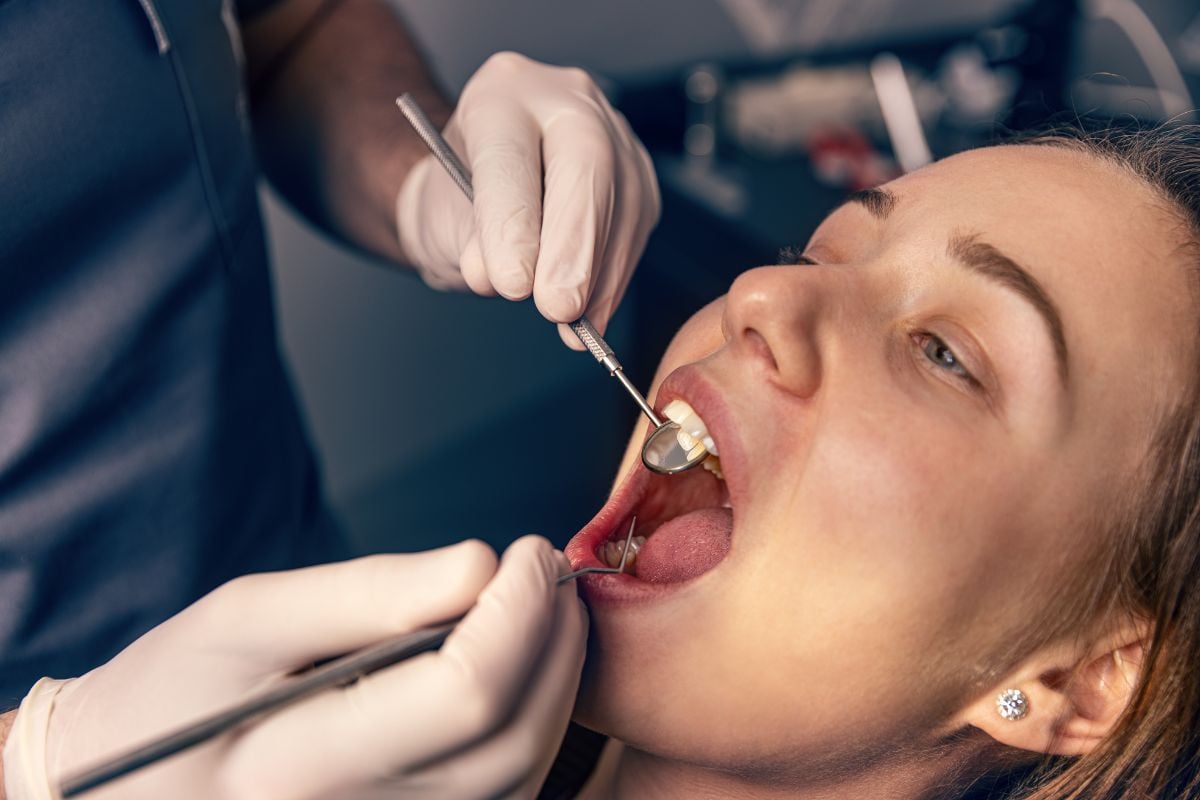Swelling is a normal part of recovery following wisdom tooth extraction. While it can be uncomfortable, understanding the causes and knowing effective ways to minimize it can make the healing process faster and more comfortable. Proper post-operative care plays a crucial role in reducing swelling and preventing complications.
Why Swelling Occurs After Wisdom Tooth Surgery
Swelling happens because the body sends fluids and white blood cells to the surgical site to promote healing. It typically peaks 24–48 hours after surgery and gradually decreases over the following days. Factors that can influence swelling include:
- The complexity of the extraction (simple vs. surgical)
- Age and general health
- How closely post-operative instructions are followed
Effective Ways to Minimize Swelling
1. Apply Ice Packs
Ice packs are one of the most effective ways to reduce swelling in the first 24–48 hours:
- Use ice packs on the outside of your cheek near the extraction site.
- Apply for 15–20 minutes at a time, with 15–20 minute breaks in between.
- Wrap ice packs in a thin cloth to protect your skin.
2. Keep Your Head Elevated
Keeping your head elevated helps reduce blood flow to the surgical site, which can decrease swelling:
- Sleep with extra pillows or in a reclined position for the first few nights.
- Avoid lying completely flat, especially during the first 24 hours.
3. Follow Your Dentist’s Medication Instructions
- Take prescribed pain relievers and anti-inflammatory medications as directed.
- Over-the-counter anti-inflammatory drugs like ibuprofen can help manage both pain and swelling.
4. Apply Warm Compresses After 48 Hours
After the initial 48 hours, gentle warmth can improve blood circulation and help reduce lingering swelling:
- Use a warm (not hot) compress on the cheek for 10–15 minutes at a time.
- Repeat several times a day as needed.
5. Maintain a Soft Diet
Eating soft foods prevents irritation and additional swelling:
- Stick to yogurt, soups, mashed potatoes, smoothies, and scrambled eggs.
- Avoid hard, crunchy, or spicy foods that can disrupt healing.
6. Avoid Smoking and Alcohol
Both smoking and alcohol can slow healing and increase inflammation:
- Avoid smoking for at least 72 hours after surgery.
- Refrain from consuming alcohol until fully healed.
7. Practice Gentle Oral Hygiene
- Rinse gently with warm salt water after the first 24 hours to keep the area clean.
- Avoid brushing directly over the extraction site for the first few days.
- Maintaining cleanliness helps prevent infection, which can worsen swelling.
8. Rest and Limit Physical Activity
Physical activity increases blood flow and may worsen swelling:
- Take it easy for the first couple of days.
- Avoid strenuous exercise until your dentist confirms it’s safe.
When to Contact Your Dentist
While some swelling is normal, contact your dentist if you notice:
- Severe or increasing swelling after 48 hours
- Fever or signs of infection
- Persistent bleeding or pus at the extraction site
- Difficulty breathing or swallowing (rare, but serious)
Final Thoughts
Swelling after wisdom tooth surgery is a natural part of the healing process, but it can be effectively managed with proper care. Ice packs, head elevation, medications, warm compresses, a soft diet, and good oral hygiene all play essential roles in minimizing swelling and promoting faster recovery. Following these steps helps ensure a smoother healing process and reduces discomfort after your wisdom tooth extraction.

